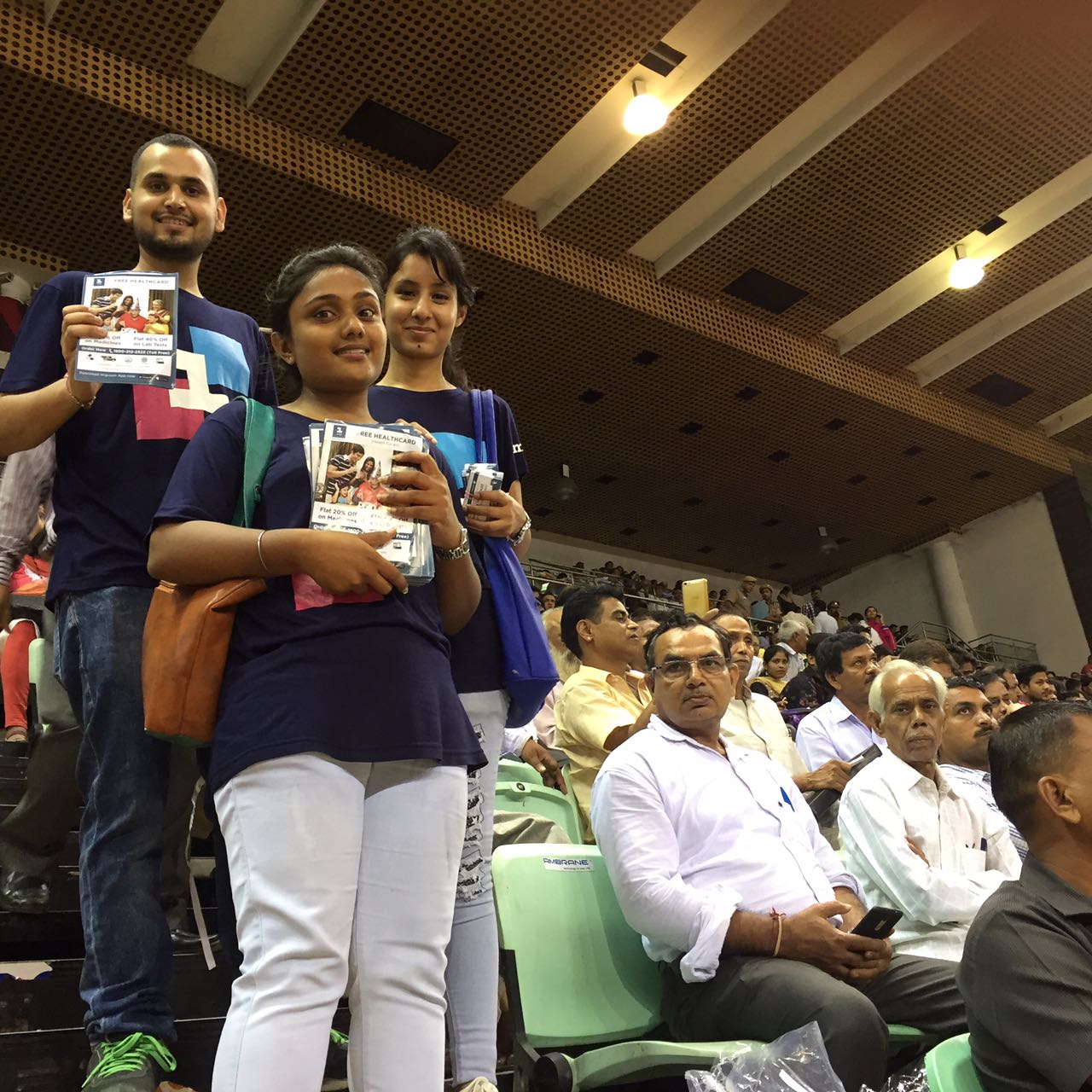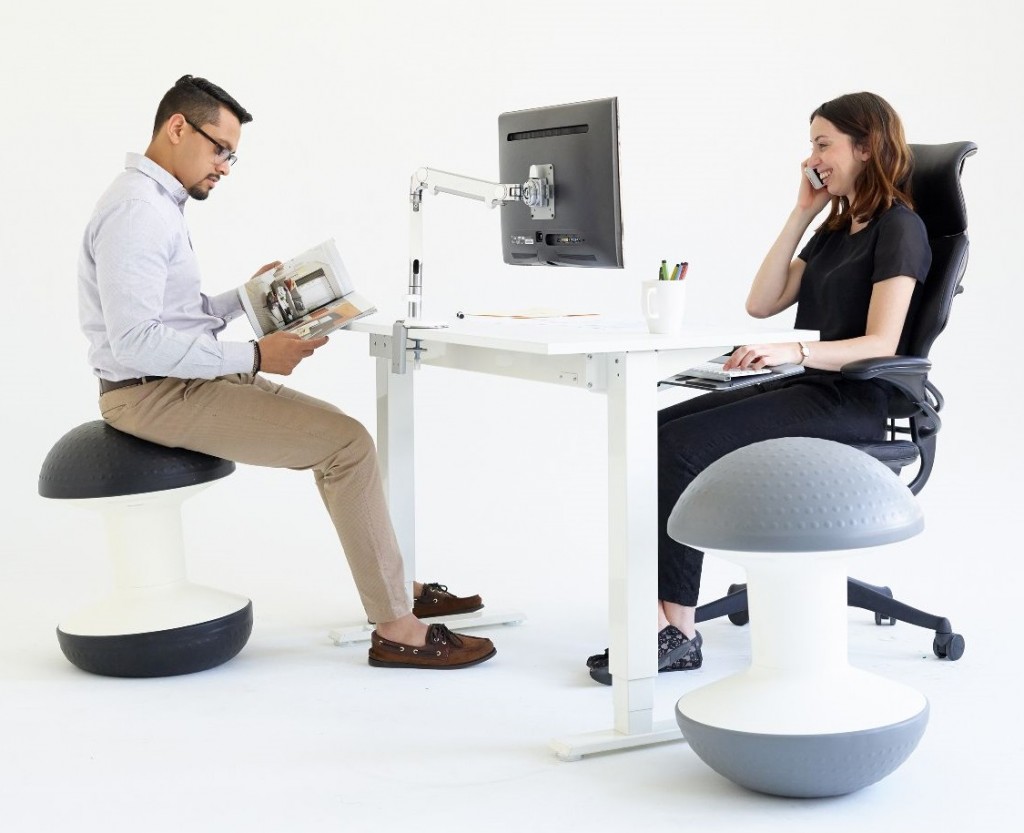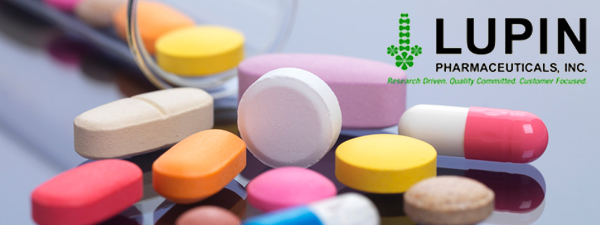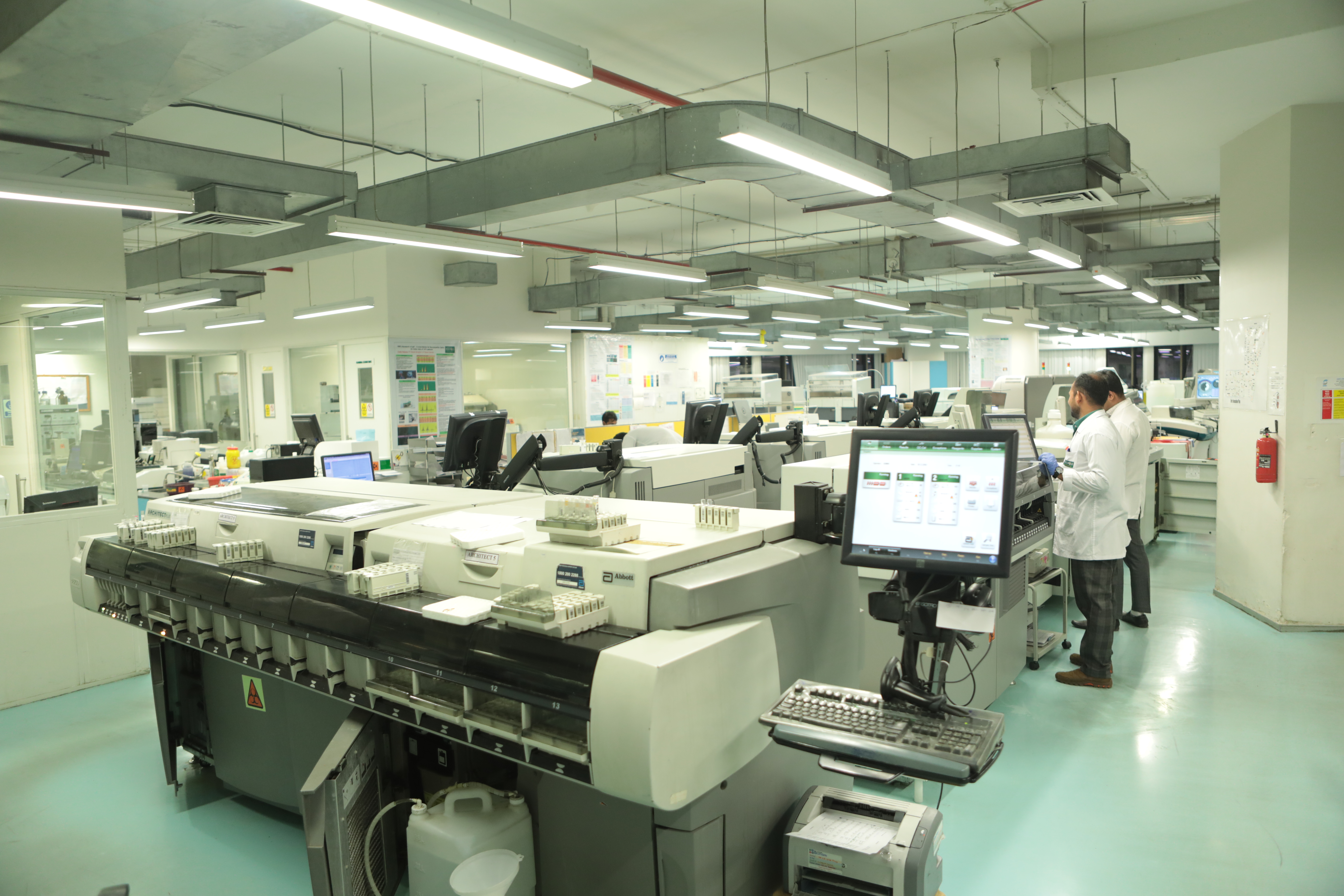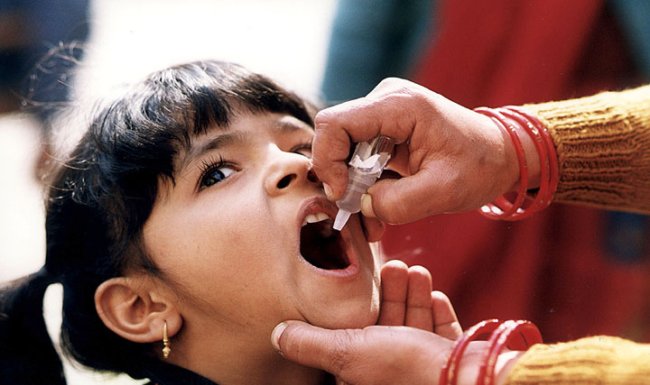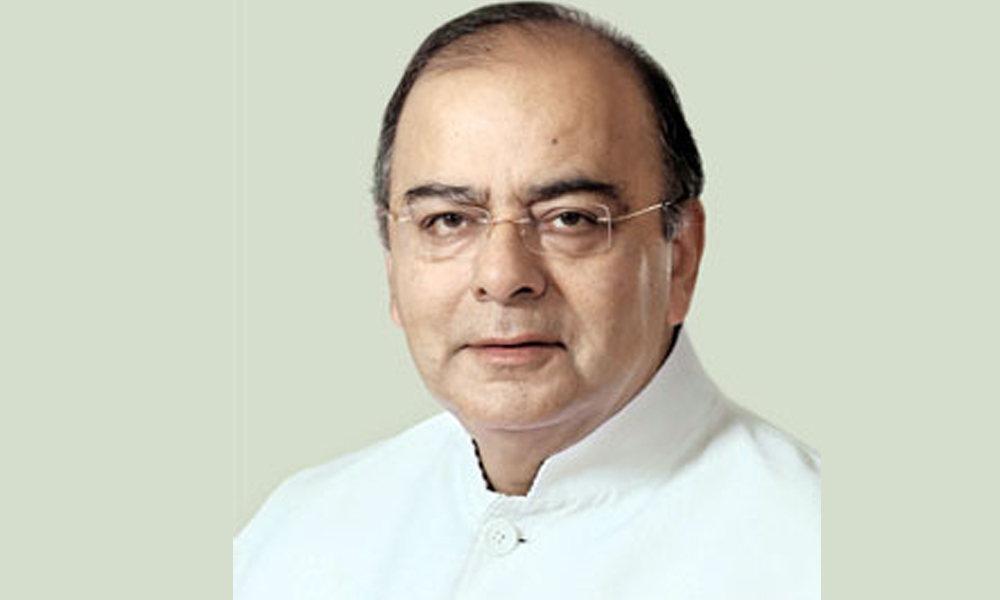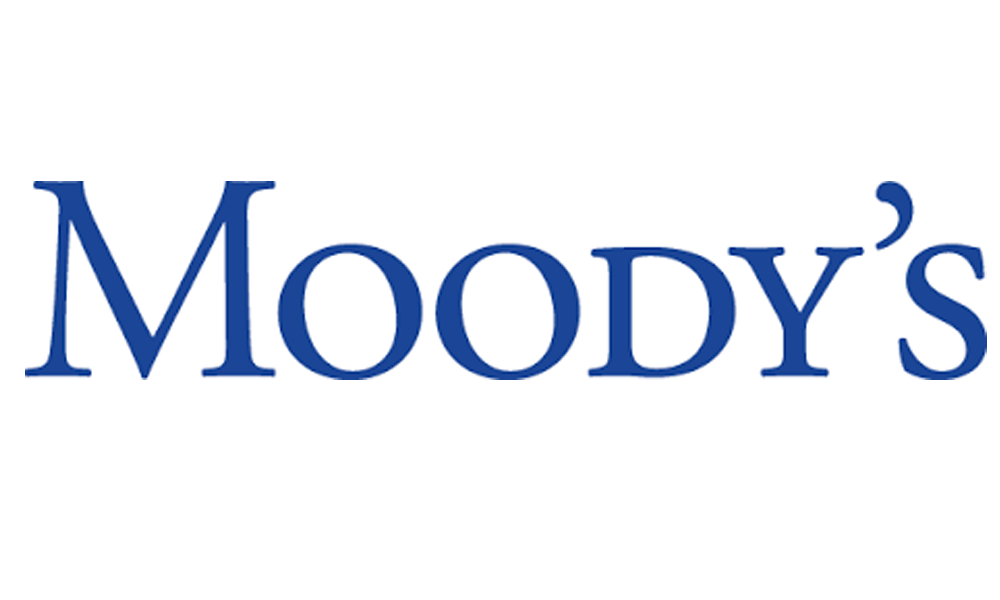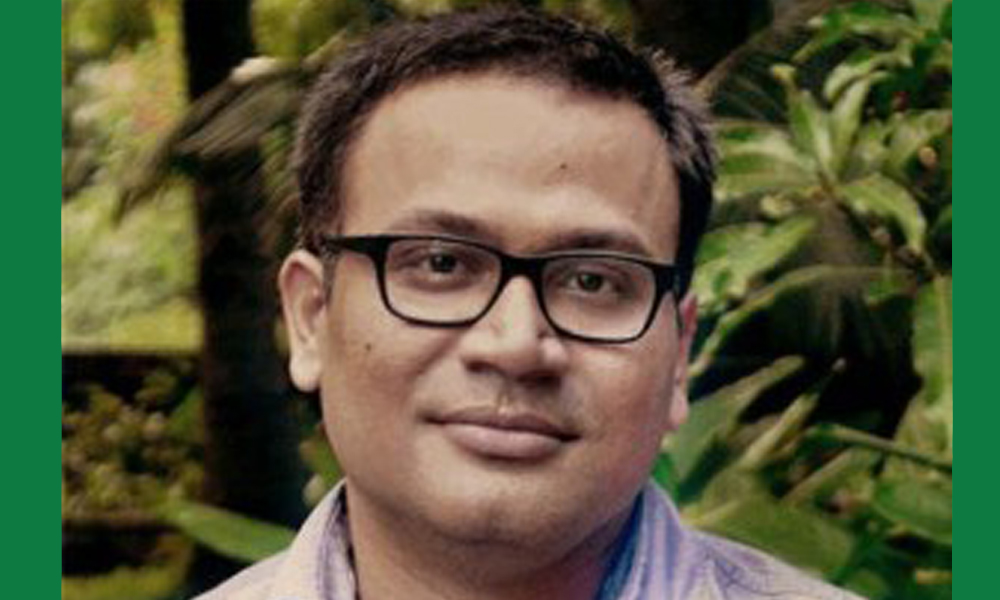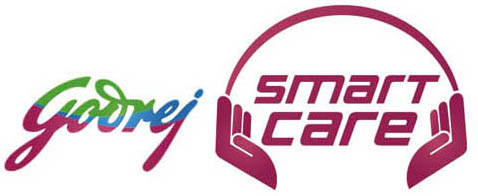
Undoubtedly, innovation is now more than ever an essential requirement to ensure survival, growth and development to any firm. In this whole strive to constantly remain innovative, technology licensing agreements play the crucial role of enhancing technological capabilities of both public & private companies. Such collaborations & partnerships give a cutting-edge position to organisations in not just strengthening their position in competitive markets but also enable diversification into different segments by creating tailor-made solutions based on the needs of the target customer base.
Let’s not shy away from the fact that only companies that are eager to experiment and are more than ready to intervene in the market by creating cost-effective superior products will survive any test of time.

In the light of this principle, Godrej Appliances, one of the leading players in the home appliances industry, in partnership with UK-based the Sure Chill Company, launched medical refrigerators with Sure Chill technology last year. Hailed as one of the best technology agreements, Godrej medical refrigerators with Sure Chill Technology will solve the major issue of appropriate storage of vaccines and blood afflicting both Indian healthcare system, as well as healthcare systems in other emerging markets.
In order to ensure these products reaches the remotest corners, Godrej Appliances recently scaled up its medical refrigerator segment by launching the cost-effective light series of medical refrigerators with Sure Chill technology.
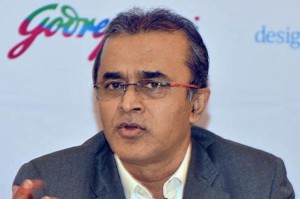

Here, Kamal Nandi, Business Head & EVP, Godrej Appliances shares the details of the recently launched specialised medical refrigerators and other business strategies exclusively with Kusum Kumari and Nilender Kumar of Elets News Network (ENN)
What were the reasons that propelled Godrej Appliancess foray into healthcare business?
As an organisation and as a brand, we follow the philosophy of developing good and green products. When we say good, they are good for the society and mankind. And, when we say green, we are talking about the planet. Through this driving principle, we are operating the business. We have been in refrigeration for very long. As such, we are already in healthcare, but in a different space altogether. We make furniture and hospital beds for medical facilities. Mr Godrej actually during one of his interactions in some international conference happened to understand the challenge of cold chain in medical refrigeration. After this, he happened to meet this gentleman having this license for this technology. We were pretty keen to get into this space as ensuring that the right temperature is attained is one the biggest challenges in cold chain.
Vaccines require temperature between 2 to 8. So, if it goes beyond 8 it loses efficacy and comes down below 2 it loses efficacy. Therefore, you have to have the right sort of refrigeration equipment to maintain this temperature consistently.
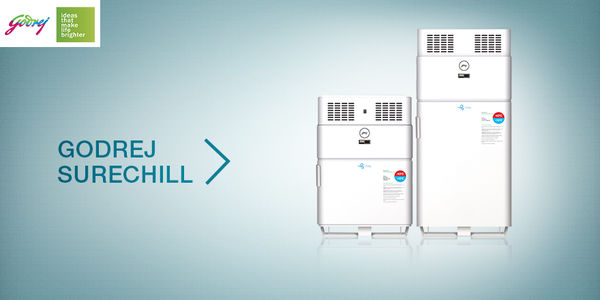 Additionally, most of the developing countries witness the problem of constant power outages. The challenge was to still maintain this precise temperature to ensure vaccines are not losing efficacy. This is one technology that we have licensed ensures that the equipment maintains this temperature even without power. Last year, we launched these products in Delhi. We manufactured both on-grid and off-grid, with both having holdover time of 13 days. The Sure Chill Company themselves have created the product with holdover time of 10 days, we have done 30 per cent more efficiency improvement and increased it to 13 days. Post launch, we started supplying our products and did some 47 of installations in West Bengal.
Additionally, most of the developing countries witness the problem of constant power outages. The challenge was to still maintain this precise temperature to ensure vaccines are not losing efficacy. This is one technology that we have licensed ensures that the equipment maintains this temperature even without power. Last year, we launched these products in Delhi. We manufactured both on-grid and off-grid, with both having holdover time of 13 days. The Sure Chill Company themselves have created the product with holdover time of 10 days, we have done 30 per cent more efficiency improvement and increased it to 13 days. Post launch, we started supplying our products and did some 47 of installations in West Bengal.
We supply our products to about 10 countries in the world, which are largely developing countries.
What were the key reasons behind creating the light series of Godrej medical refrigerators?
Since the government bodies found this technology to be very expensive, we had to start developing in the affordable range. Therefore, we worked on the light series. During this entire process, what we have also learned is that there are some places that require holdover time of 13 days, but not all health centres require such a long holdover time. The urban and peri-urban markets really require 2 to 3 days of maximum holdover time, since power outages are not so high. What is really required in such spaces is equipment that can maintain the specified temperatures required for vaccines and blood.
Since in such spaces power outages are for 4 to 5 hours, we developed a whole new range of products with Sure Chill technology which has holdover time now of 2 to 3 days. We engineered on the products and reduced the cost by 50 per cent with same technology and output.
Therefore, now we have 2 series to offer to the government bodies or any health organisation that include the light series with low holdover time of 2 to 3 days and heavy series with a 13-day holdover time. This is one development we have done in last 1 year.
Secondly, using the same technology we are creating ice on top and at the bottom we are able to maintain temperature at 2° to 4°, in fact, our machines maintain temperature at 4° precise.
Thirdly, even blood requires very specific temperature to store, which is 2° to 6°. People in the absence of appropriate equipment are storing blood in refrigerators. There is also the need to provide the right equipment in this segment. Therefore, we have developed and are ready to launch products that store blood at the precise temperature of 4°, with the capacity of 225 litres. So, these are some of the launches we are doing.
How is Godrej Appliances planning to address the challenges of after-sales services?
With the network of service across the country of 500 service centres, we can reach any corner of the country in a span of just 48 hours if it is urban or peri-urban areas and 72 hours if it is rural. Therefore, we can reach our customers anytime with our well-equipped and well-established systems and processes in service. Our service levels are at 95 per cent. We can reach them with good spares. Hence, there is no problem from the direction of after-sales service and we now have a complete solution for medical refrigeration for both vaccines and blood. As a result, the adoption rate will increase like never before. Mores states will come forward and our whole endeavour is to give the visibility to government bodies to help them find solutions to their cold chain and logistics problems.
Do you intend to enter into more such technology licensing agreements to scale up products and also simultaneously diversify into other segments?
Currently, we are studying how to get into other spaces. And, if there are other spaces that require precise temperature and holdover time, we will definitely enter into them.
As an organisation, we are open to licensing, technology and doing joint product development where we are able to fulfil our 2 objectives that include good products for the society and mankind and green products for the planet. We are continuously scouting for good technology and partners.
Where are the specialised medical refrigerators going to be manufactured and are you planning to open up more manufacturing plants?
These products are getting manufactured in Mumbai.
Currently, we have the capacity of about 10,000 units and we plan to enhance the capacity to 30,000 units in the next 2 years time when the manufacturing plant in Pune comes up.
We have our own plant in Pune for manufacturing other appliances, but not the medical one. The medical products are kept in our research and development (R&D) centre in Mumbai. Depending on the scale and need, we will multiply such manufacturing units. As of now, we are not thinking of opening any new manufacturing unit. This manufacturing unit should suffice. Right now, we are targeting to triple this capacity from 10,000 to 30,000 units as we are targeting 200 crore turnover by 2020.
How has been the feedback from both medical fraternity and other stakeholders in the healthcare sector?
The feedback has been fantastic. We have got good feedback from all the 47 installations in West Bengal because of 2 to 3factors. The display located outside on the door allows monitoring of temperature from outside. The temperature despite power outage was constantly maintained at 4°. Their wastage has become practically zero.
Be a part of Elets Collaborative Initiatives. Join Us for Upcoming Events and explore business opportunities. Like us on Facebook , connect with us on LinkedIn and follow us on Twitter , Instagram.


